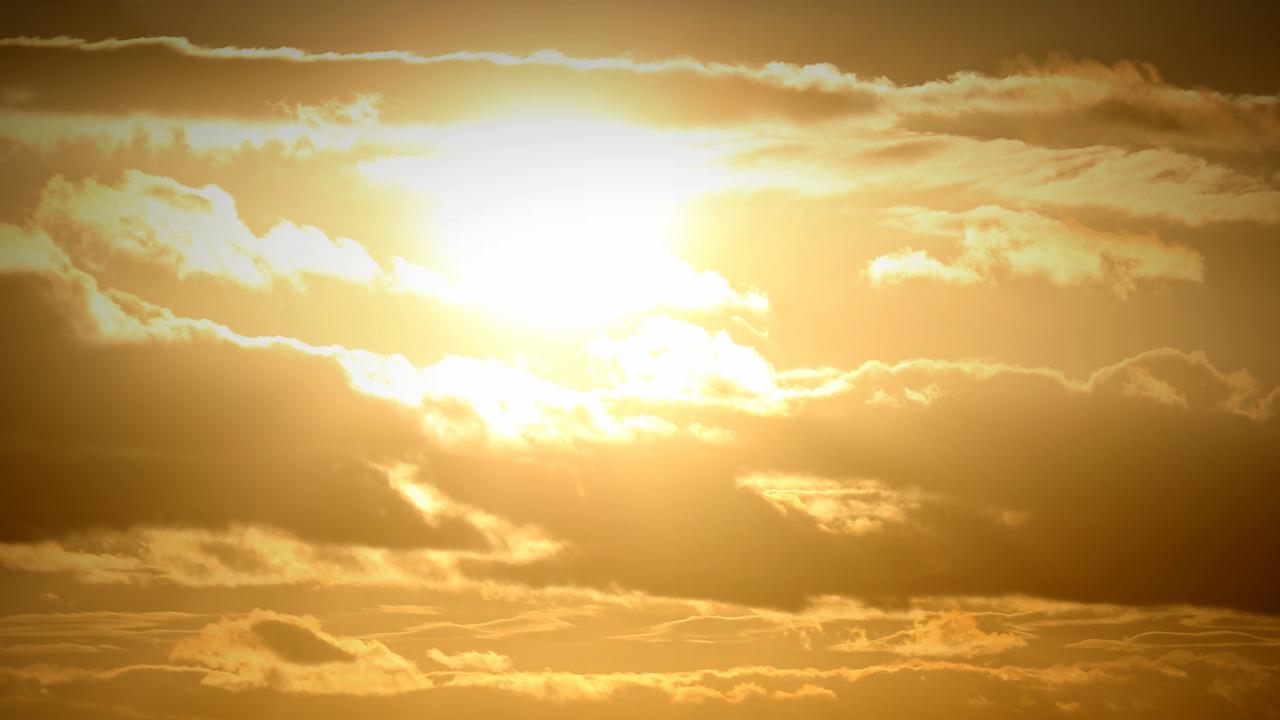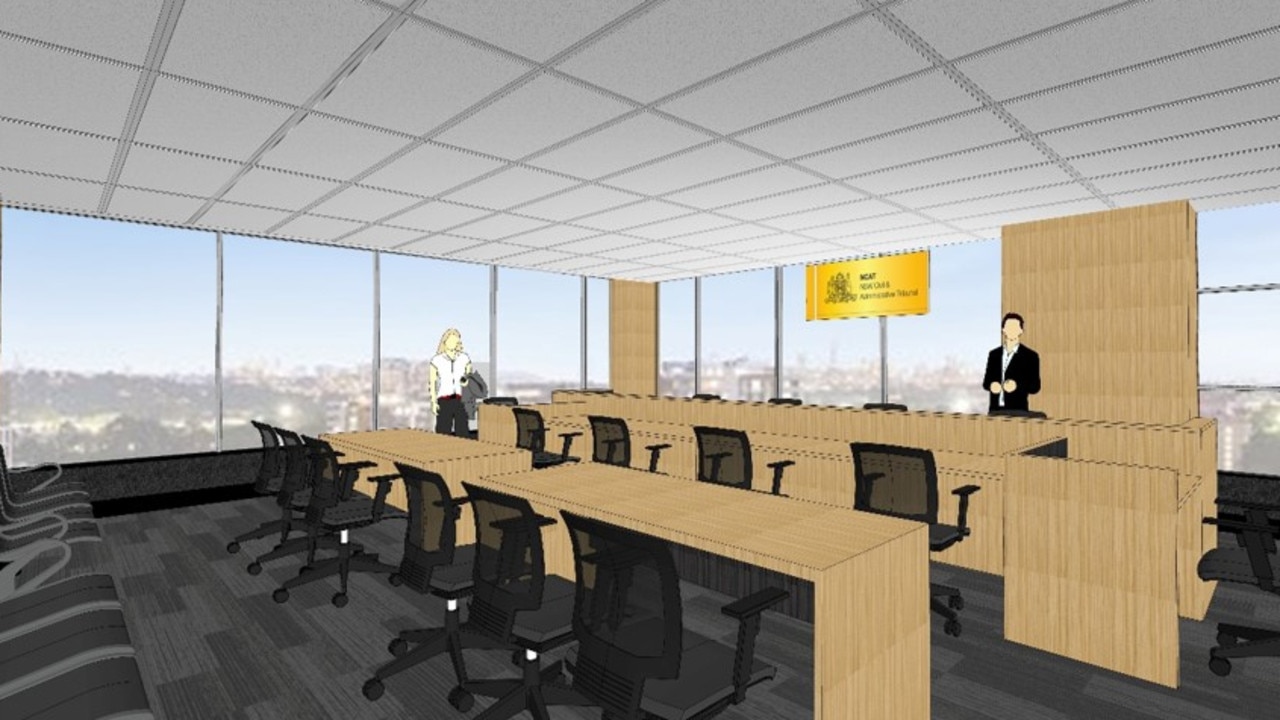Hotter, longer summers are impacting community life in south Brisbane
Dr Christa Pudmenzky explains how south Brisbane's summers are hotter and longer than ever. Plus, how does this impact the Aussie lifestyle?
HyperLocal
Don't miss out on the headlines from HyperLocal. Followed categories will be added to My News.
Every year, many of us look forward to warm weather and opportunities to socialise under the summer sun.
However, the summer many Australians grew up with is not what it used to be.
A 2020 Australia Institute report found summers across the country have become longer, with more extreme heat.
The study showed temperatures which typically occurred at the start of summer (early December) in the mid-20th century, now begin in mid-November - around two weeks earlier.
This heat extends further into March, meaning a typical Brisbane summer in the early 21st century is around 11 days longer compared to the 1950s.

Impact of changing summers:
At first, the idea of more summer days sounds compelling - conjuring images of beach getaways and extended holidays.
But unfortunately, increases in extreme heat may seriously impact Australia's liveability, with implications on our sport, outdoor trips and vulnerable communities.
Heatwaves have already become more frequent and longer-lasting than in the early 20th century, and we can expect this trend to continue as our summers extend further into spring and autumn.
The added heat will push us beyond the range of conditions we consider comfortable and affect summer sport, with fans and athletes likely to be at increased risk of heatstroke.
Just this year we saw players struggling through matches at the Australian Open in hot and humid conditions, which Ash Barty remarked felt more like Brisbane than Melbourne.
As a result, organisers of the Australian Open and other iconic sporting events like the Boxing Day Test and the Tour Down Under may have to explore ways to ensure the safety of players, officials and spectators alike.
There would also be widespread impact on our day-to-day lives.
Something as simple as a trip to the beach may become unbearable and potentially dangerous.
This could lead us to spend more time at home under the air conditioner.
Although a viable option for some, it puts those that cannot afford it or without housing at serious risk of exposure to extreme heat.
Adapting to these new, hotter conditions might require us to think differently about how we structure our lives in order to keep safe.
For instance, we could look at doing outdoor summer activities in the evening, moving sporting fixtures to spring and autumn and finding ways to subsidise high electricity costs.
It may be time to re-imagine the Aussie summer lifestyle and adapt to our warming climate.
What have locals noticed?

Want more information on how your climate is changing? Check out the last article in this series.
Dr Christa Pudmenzky is a climate scientist at the University of Southern Queensland.
This column is part of a collaboration between Monash University and News Corp to deliver hyperlocal weather and climate information.


